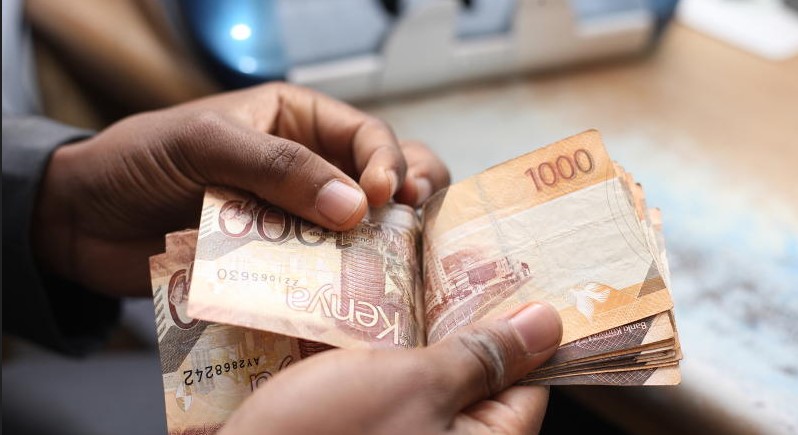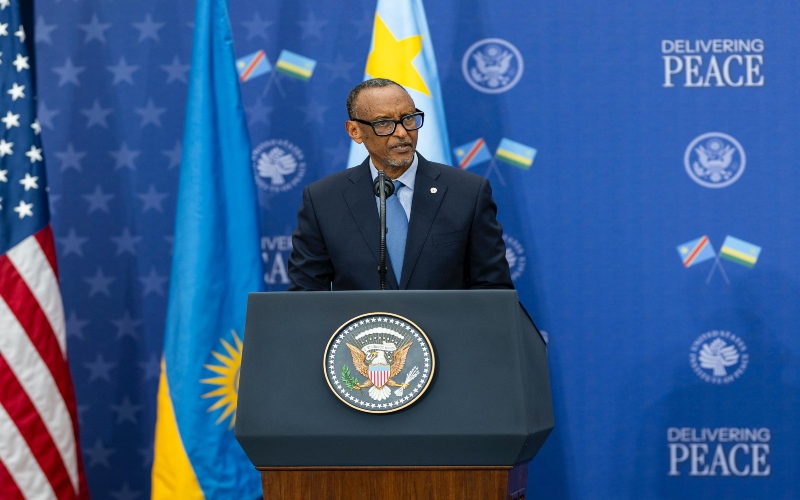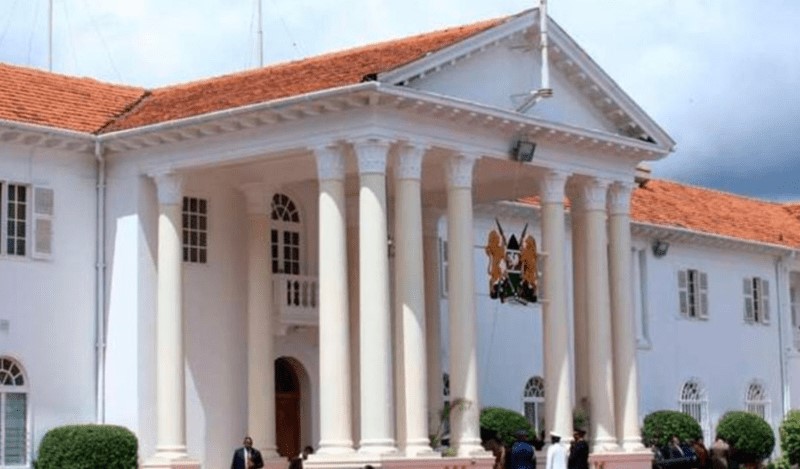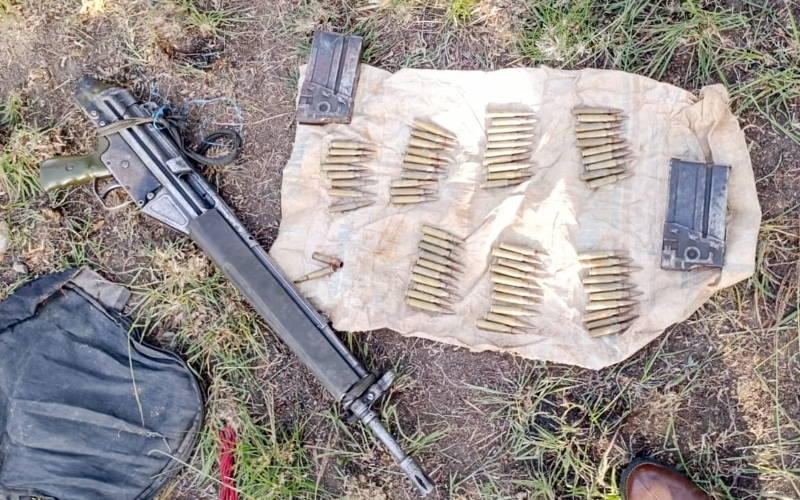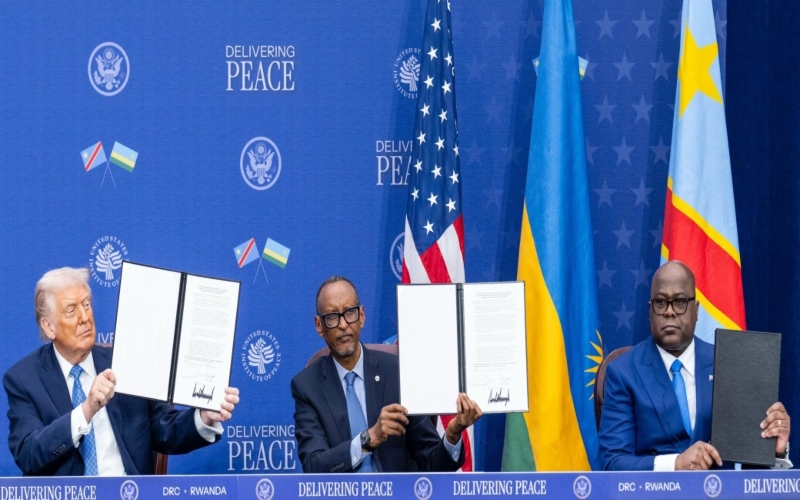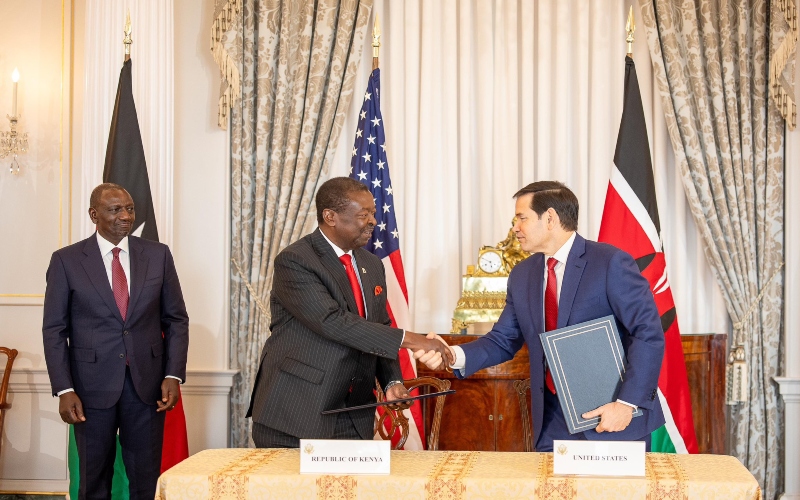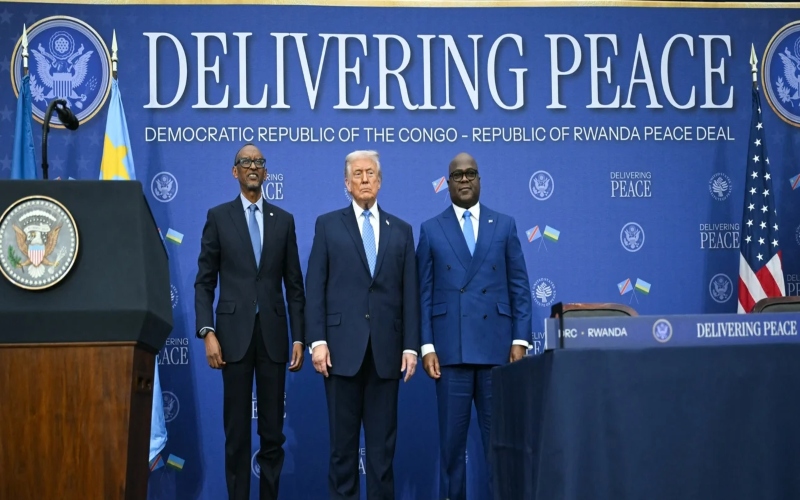Sudan's electricity, transport sectors crippled by ongoing civil war
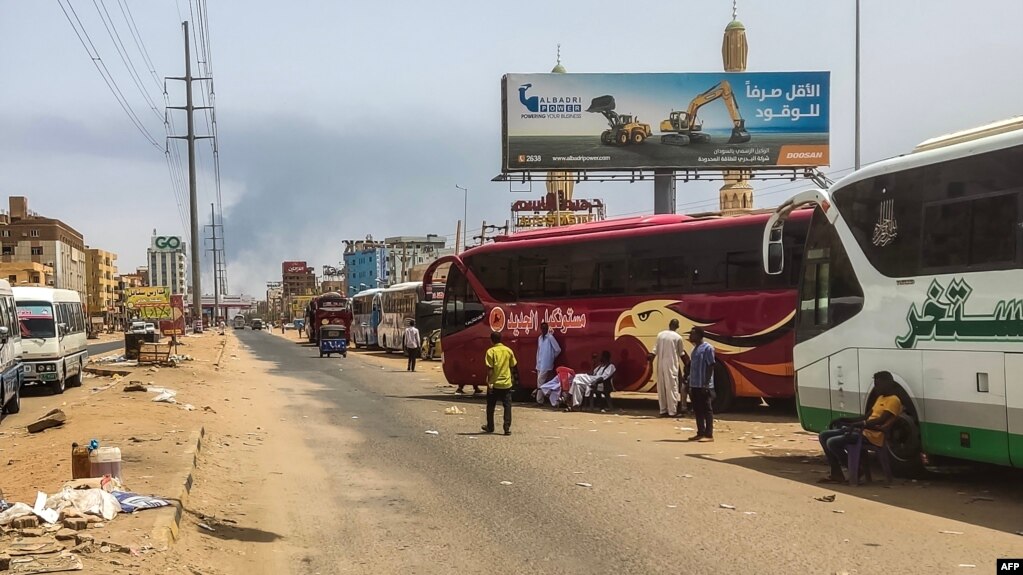
According to official estimates, the electricity sector has lost around 40 per cent of its capacity due to widespread sabotage.
Sudan's electricity and transport sectors have been among the hardest hit by the two-year conflict between the Sudanese Armed Forces (SAF) and the paramilitary Rapid Support Forces (RSF).
According to official estimates, the electricity sector has lost around 40 per cent of its capacity due to widespread sabotage.
More To Read
- Sudan’s crisis deepens with communities trapped in ‘siege conditions’
- From protesting tyranny to saving lives: How Sudan’s networks are responding to war
- ‘I have to talk about it' - rape and terror sparks mass migration in Sudan
- Sudan army makes major gains in South Kordofan, retakes key villages from SPLM-N
- Sexual violence driving mass flight from Sudan to South Sudan: What you need to know
- Sudan signals willingness to coordinate with UN despite ongoing RSF clashes
The Sudanese Electricity Company recently revealed that only two of the country's 15 thermal power plants remain operational, with seven others partially or utterly destroyed, including the one in the capital, Khartoum.
Abdullah Ahmed Mohamed Ali, director general of the company, said over 100,000 transformers have been destroyed, while about 35 per cent of the total capacity and over 20,000 barrels of transformer oil have been lost.
Power outages persist across several states, with Northern State experiencing a complete blackout since early April. In Khartoum, drone strikes on power stations have also caused widespread blackouts.
Abdul-Qadir Abdoun, a member of the Northern Sudan Farmers' Union, said over 500,000 feddans of land were severely affected by power outages.
The transport sector has also sustained heavy losses. While officials are still assessing the total damage, Transport Minister Abu Bakr Abu Al-Qasim Abdalla said that "severe damage has affected all parts of the sector, especially the railways, train carriages, transport routes, and Khartoum International Airport." Many state-connecting roads are disrupted, forcing trade and travel to a halt.
Sudan's national airline, Tarco Aviation, reported estimated losses of around 100 million US dollars.
Mohamed Yahya Ahmed, head of the airline's ground handling department, told Xinhua that the company lost three aircraft entirely, with three others partially damaged.
Transport expert Al-Samawal Abdul-Azeem warned that the sector is nearing collapse due to rising costs, spare parts shortages, and destruction of infrastructure, noting that around 70 per cent of long-distance bus companies have ceased operations.
Ehab Osman, an employee at Sharyan AlShamal Transport Company, told Xinhua that rising operational costs have sharply increased inter-state ticket prices. Fares from Dongola to Port Sudan jumped from 60,000 to 100,000 Sudanese pounds, while one dollar trades at around 250 pounds on the parallel market.
Sudan has been embroiled in a devastating conflict between the SAF and the RSF since mid-April 2023, which has claimed tens of thousands of lives and displaced millions of people both inside and outside the country.
Top Stories Today





